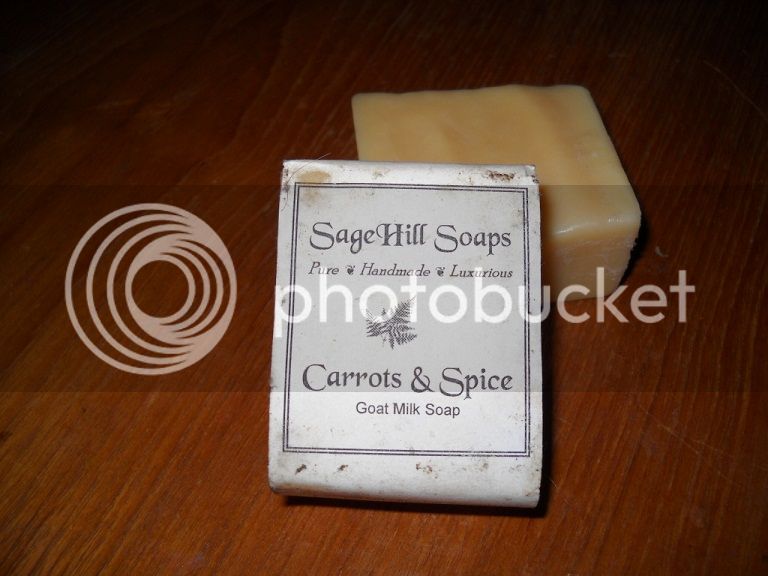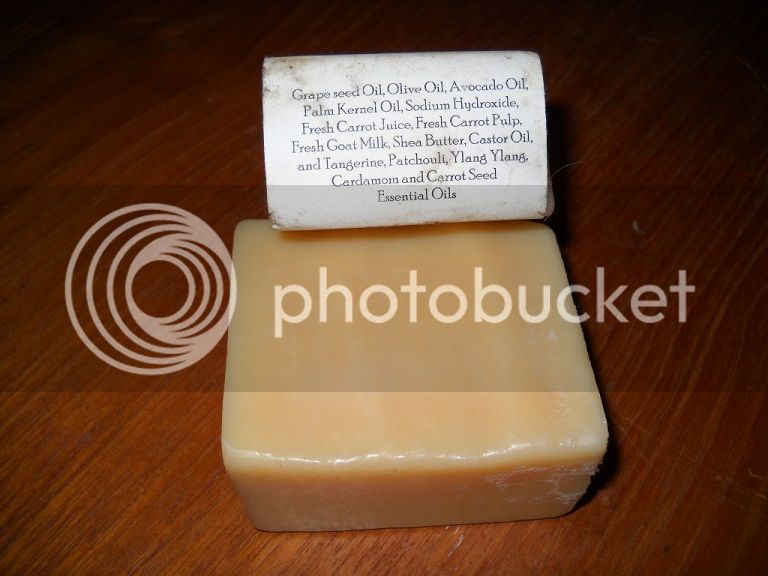I'm pretty new to this all, so take it for what it's worth, but here's my two cents...
While we know the process behind making soap, the average consumer does not. They see "lard" in soap, and all they can think of is slathering lard n their skin. Or they remember the take-your-hide-off soap that their grandmother used to make. Just like they see "sodium hydroxide" or "lye" and think that they are putting dangerous chemicals on their skin. WE know that properly made soap is not caustic. WE know that the chemical reaction uses it up, turns it into soap, and is necessary to create the finished product. They don't. Just like they don't really know that the "lard" will get saponified and little--if-any, depending on saponification and superfat--will be left on the skin. It's the idea of perception. And perception can be a very powerful thing--especially in business. How do you combat it? One way is to know your product. Being educated as a maker and a seller goes a long way when people ask questions. Another way is by word choice. If people are cautious about lye in your market, stating "saponified oils of x,x, and x" might help solve that problem, along with having a thorough understanding of the process so you can talk about it as necessary. I honestly (and this my personal opinion) don't support just using "natural fats" in the ingredient panel. It's such a broad term, and it makes it difficult for people who live certain lifestyles--whether it be by social choice, like veganism, or religious choice, like kosher or halal--to make mindful choices about what they buy and use. If someone doesn't want to use soap because it has lard or tallow in it, then that is their choice, and they should be allowed to exercise that choice. Ambiguous labeling interferes with that choice, in my opinion.
It's easy as a maker to say, "this is the way I want to do it, and I don't care what anyone else thinks." But once you hang your hat out for business, you don't have the luxury of not caring what the consumer thinks. Not if you really want to sell your product and be successful. Unless you don't really need/want the income, in which case, you can do whatever you want.

None of that, however, means you have to compromise what you value about your product in order to be in business, but it DOES mean that you need to take into consideration what your market (local or otherwise) wants or expects in a product. Sometimes it means making some changes to your product or price; sometimes it can mean finding creative ways to market your product effectively, identifying your market, and conveying the message that you want/need to reach your market. If you want people to buy your product, you absolutely have to take your market into consideration and act/market accordingly.
I'm new to soapmaking, but I'm not new to business. Up until the last year, I've spent most of my adult life running a photography business. That doesn't make me an expert in anything, but it does give me a little extra insight into market realities. I'm sure I'm not the only one. And again, all of this is all just my very humble opinion anyway.







